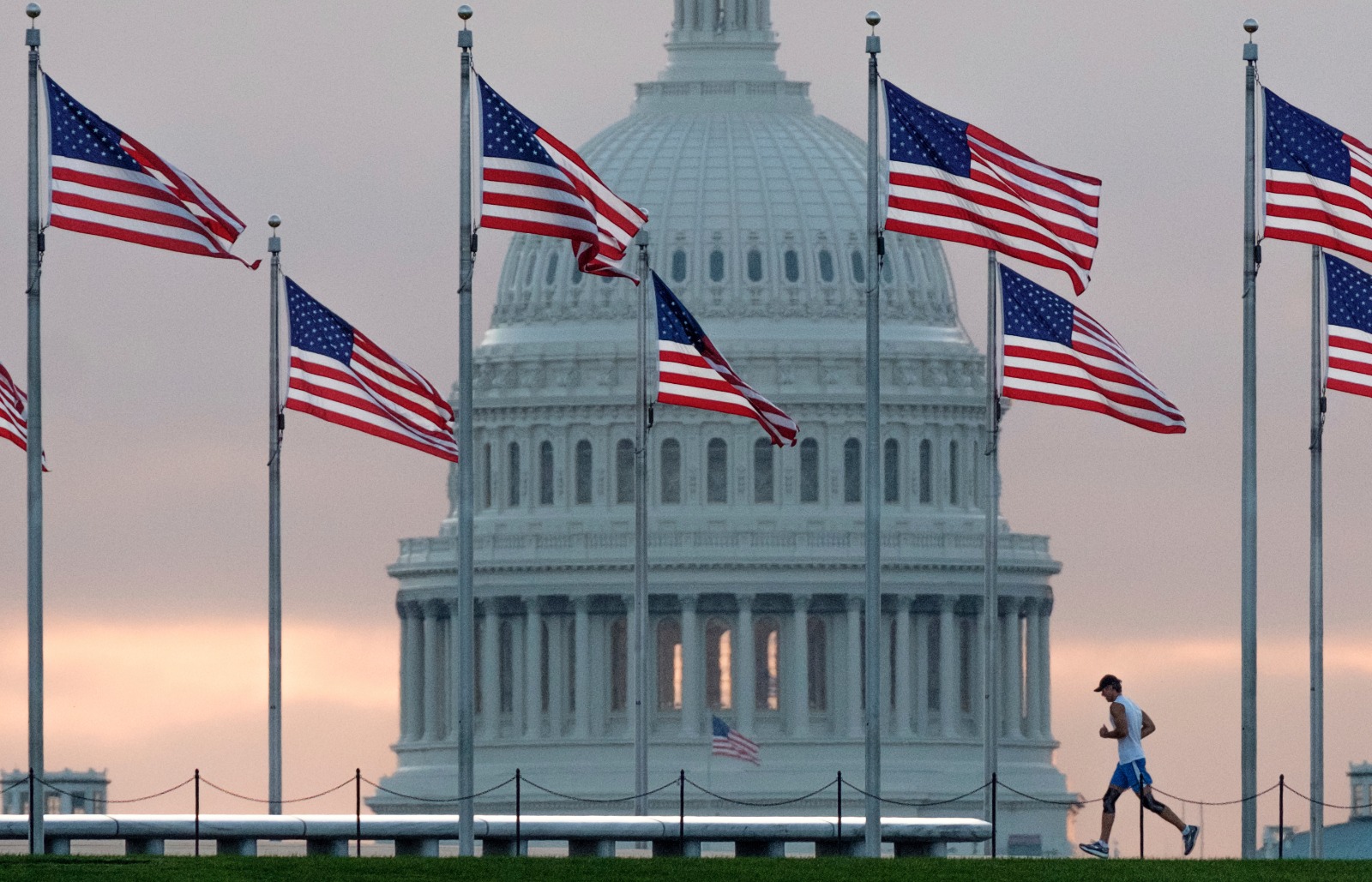The United States Congress has narrowly avoided a government shutdown by passing a stopgap funding bill, but the question on everyone’s mind remains: What happens next? The bill, which temporarily funds the government for the next 45 days, comes after a flurry of negotiations and political tension in the nation’s capital.
Temporary Funding Buys Time
With the looming threat of a government shutdown now temporarily averted, lawmakers on Capitol Hill find themselves at a crossroads. The stopgap measure passed with an overwhelming 335-91 vote in the House of Representatives, showcasing a rare moment of unity between 209 Democrats and 126 Republicans. However, this respite is short-lived, as renewed discussions will take place in the Senate and the House of Representatives in the coming weeks to avoid yet another potential shutdown.
If a comprehensive funding agreement cannot be reached by November 17, millions of federal workers, including military personnel and civilian employees, may face delayed paychecks once again. The consequences of a shutdown are far-reaching, impacting vital services like airport screening and border patrols while halting scientific research and nutrition aid to vulnerable populations.
President and Democrats Push for Ukraine Funding
While the focus has been on averting the government shutdown, a significant point of contention has emerged regarding aid for Ukraine. Despite calls from the White House and Democratic members of Congress, the government spending deal blocked new aid for Ukraine. President Joe Biden is expected to intensify efforts to secure an additional $24 billion for Ukraine, given Russia’s ongoing invasion.
Notably, the Senate proposed a bipartisan bill offering approximately $6 billion in aid to Kyiv. However, in a bid to avoid accusations of causing a government shutdown, Democrats passed the House version of the bill without any aid provisions. President Biden emphasized the urgency of supporting Ukraine, saying, “We cannot under any circumstances allow American support for Ukraine to be interrupted.”
Ukrainian President Volodymyr Zelenskyy had previously appealed for increased aid during his visit to Washington in late September, where he met with President Biden and top military officials while addressing Congress. The Biden administration has already provided over $75 billion in assistance to Ukraine since the conflict began in February 2022.
House Speaker McCarthy’s Future Uncertain
The recent shutdown crisis was primarily ignited by a faction of hardline Republicans who defied their party leadership to block various temporary funding proposals, insisting on deep spending cuts. This group of 21 hardliners even threatened to remove Kevin McCarthy as Speaker if a stopgap measure they opposed received Democratic support, raising questions about McCarthy’s political future.
McCarthy, however, expressed confidence in both his leadership and the prospects of reaching a final agreement by the new mid-November deadline. He extended an olive branch to the hardliners, stating, “In 45 days, we should get our work all done,” and added, “I welcome those 21 back in.”
Credit Concerns Loom
The government shutdown standoff follows closely on the heels of a recent congressional showdown over raising the debt ceiling, which brought the federal government perilously close to defaulting on its $31.4 trillion debt. The ongoing political drama has sent shockwaves through Wall Street, with credit rating agency Moody’s warning of potential damage to the U.S. creditworthiness.
Moody’s currently maintains an “Aaa” rating for the U.S. government with a stable outlook, the highest creditworthiness designation. However, concerns persist, as Fitch downgraded the U.S. government’s Aaa rating by one notch to AA+ in August, aligning with the rating assigned by S&P Global in 2011. The uncertainty surrounding these financial matters adds another layer of complexity to the already tense political landscape in Washington, D.C.
As the clock ticks toward the November 17 deadline, lawmakers must grapple with critical decisions, both on funding the government and providing aid to Ukraine, all while safeguarding the nation’s creditworthiness and navigating the uncertain future of House Speaker McCarthy. The next few weeks promise to be a pivotal period in U.S. politics, with consequences that will resonate far beyond the halls of Capitol Hill.















